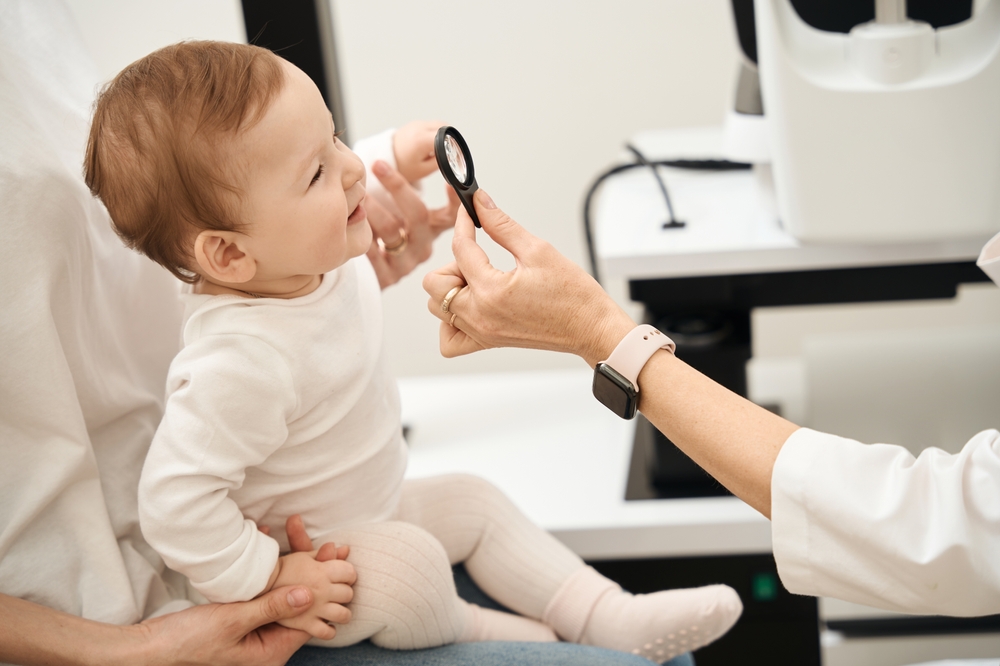
As a parent, you want to ensure the overall well-being of your child, and that includes their visual health. Many people assume that eye exams are only necessary for school-aged children or adults, but the truth is that early eye exams for toddlers are crucial. The first few years of a child's life are a critical period for visual development, and any undiagnosed vision problems can have long-lasting effects on their learning and development.
Common Eye Conditions in Toddlers
Understanding the common eye conditions that can affect toddlers is essential for every parent. One of the most prevalent conditions in this age group is amblyopia, also known as lazy eye. Amblyopia occurs when one eye is significantly weaker than the other, leading the brain to favor the stronger eye and causing the weaker eye to become underdeveloped. Strabismus, or misalignment of the eyes, is another common condition. It can be categorized as either esotropia (inward turning) or exotropia (outward turning).
Refractive errors, such as nearsightedness and farsightedness, can also occur in toddlers. Nearsightedness, also known as myopia, makes it difficult for a child to see objects in the distance clearly. On the other hand, farsightedness, or hyperopia, causes difficulty in focusing on objects up close. Identifying these common eye conditions early through regular eye exams can prevent further complications and ensure proper vision development.
Signs That Your Toddler May Have a Vision Problem
Recognizing the signs that your toddler may have a vision problem can be challenging, as young children may not be able to articulate their vision difficulties. However, there are some indicators that parents can look out for. If your child frequently squints, tilts their head, or covers one eye, it could be a sign of a vision problem. Excessive eye rubbing, sensitivity to light, and poor hand-eye coordination can also suggest an underlying issue.
When to Schedule Your Baby's First Eye Exam
Ideally, you should schedule your baby's first eye exam between 6 to 12 months of age. During this period, your child's eyes are developing rapidly, and any potential vision problems can be identified early on. The American Optometric Association recommends the first eye exam at 6 months of age, followed by additional exams at 3 years old and again at age 5. However, if you have concerns about your child's vision or notice any of the signs, it is best to consult with an optometrist and schedule an exam as soon as possible.
Schedule Your Child’s Eye Exam with Smoot Eye Care Today
Scheduling your baby's first eye exam at the appropriate time is crucial for their overall vision health. Early detection of common eye conditions in toddlers can prevent long-term complications and ensure proper visual development. Prioritizing your baby's eye health sets the foundation for a lifetime of clear vision and successful learning.
Schedule your baby's first eye exam to ensure their optimal vision and eye health, visit Smoot Eye Care at our office in Bedford, Indiana. Call (812) 675-4199 to book an appointment today.









